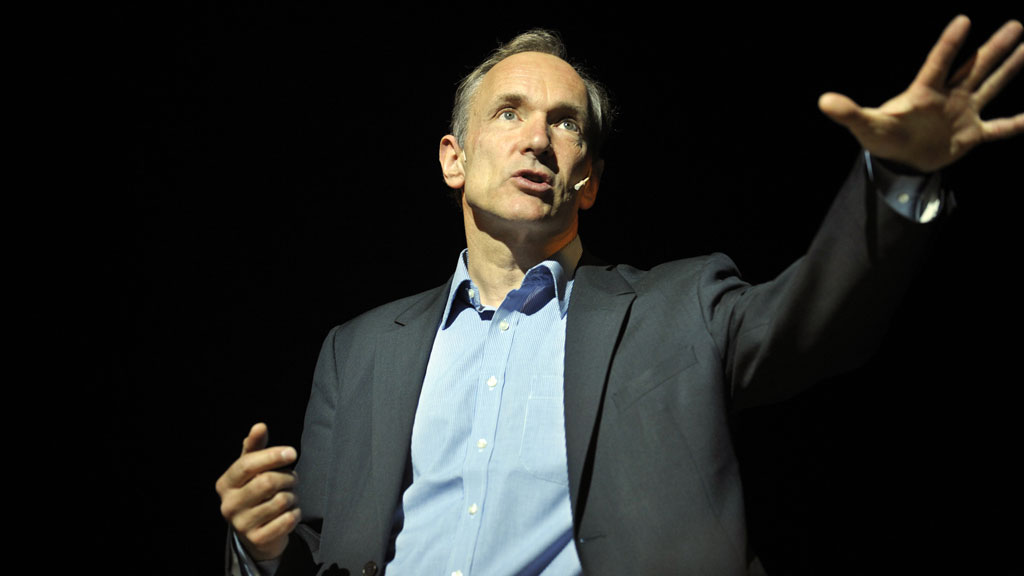Tim Berners-Lee: spy agencies ‘failed checks and balances’
The inventor of the world wide web criticises spy agencies for breaching privacy and calls for a “full and frank public debate” about the scale and scope of state surveillance.

Sir Tim Berners-Lee said that the checks and balances put in place to oversee the agencies had failed, and accused the security agencies of weakening online security.
He told the Guardian: “Whistleblowers, and responsible media outlets that work with them, play an important role.
“We need powerful agencies to combat criminal activity online – but any powerful agency needs checks and balances, and based on recent revelations it seems the current system of checks and balances has failed.”
He added: “Here is where whistleblowing and responsible reporting can step in to protect society’s interests.”
Whistleblowers
Calling for an international system to protect whistleblowers such as Edward Snowden, he said: “Civilisation has to a certain extent depended on whistleblowers, and therefore you have to protect them.”
Sir Tim said that while he had anticipated many of the surveillance activities that have been exposed, he “didn’t realise it would be so big”.
Read more: Crack the code to work for GCHQ

He criticised GCHQ and America’s National Security Agency (NSA) for cracking online encryption which protects millions of users’ data, saying it would weaken online security and benefit criminal gangs and hostile states.
His comments come as A group of MPs call on the Guardian to take responsibility for the security implications of reporting information leaked by former US intelligence operative Mr Snowden.
In their letter, the MPs said that publishing the leaked information in such detail “runs the risk of compromising the vital work of the institutions, processes and people who protect the safety of this country”.
‘Hostile foreign powers’
They implored the newspaper to accept that it shares responsibility for the safety of UK citizens and to “act accordingly” with its stories, to discuss with the intelligence services the implications for national security that publication would have, and to be explicit about any information it has released that could threaten the safety of intelligence services personnel.
Highlighting the security risks that might occur if information intended for other journalists fell into the hands of terrorists or “hostile foreign powers”, the MPs asked the Guardian to be open with the government and security agencies about exactly what information it had shared, and with whom.
They said: “We are asking you to do no more than to share with our intelligence services, the very people who protect the freedoms which the Guardian champions, that which you have already shared freely with international bloggers and journalists who have no concept of the UK national interest.”
On Thursday, the heads of GCHQ, MI5 and MI6 will face questioning by MPs in the commons.





